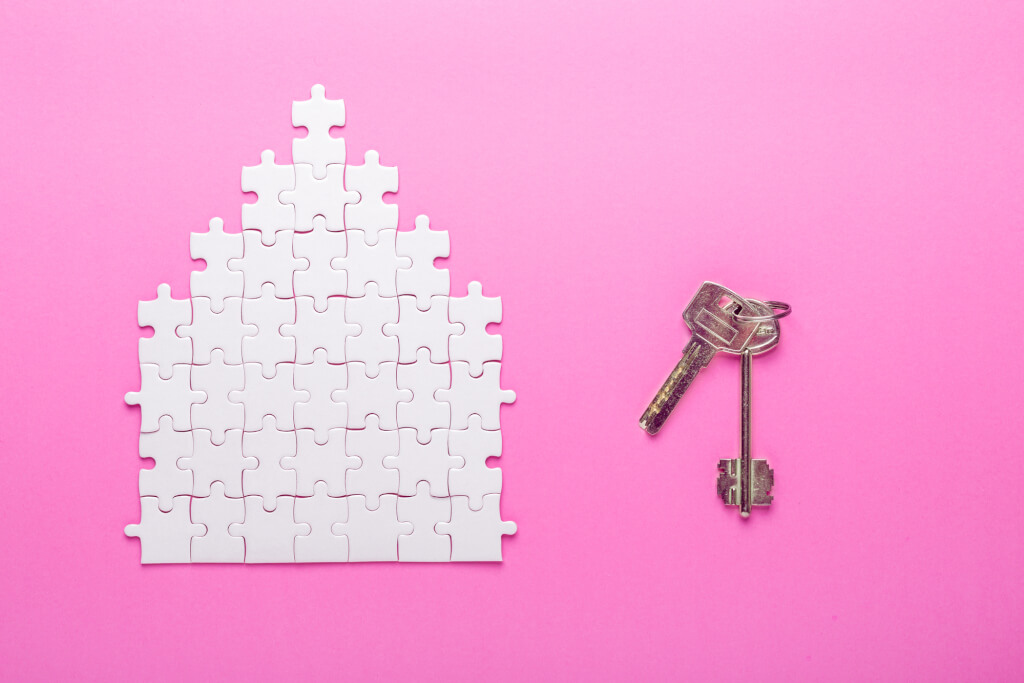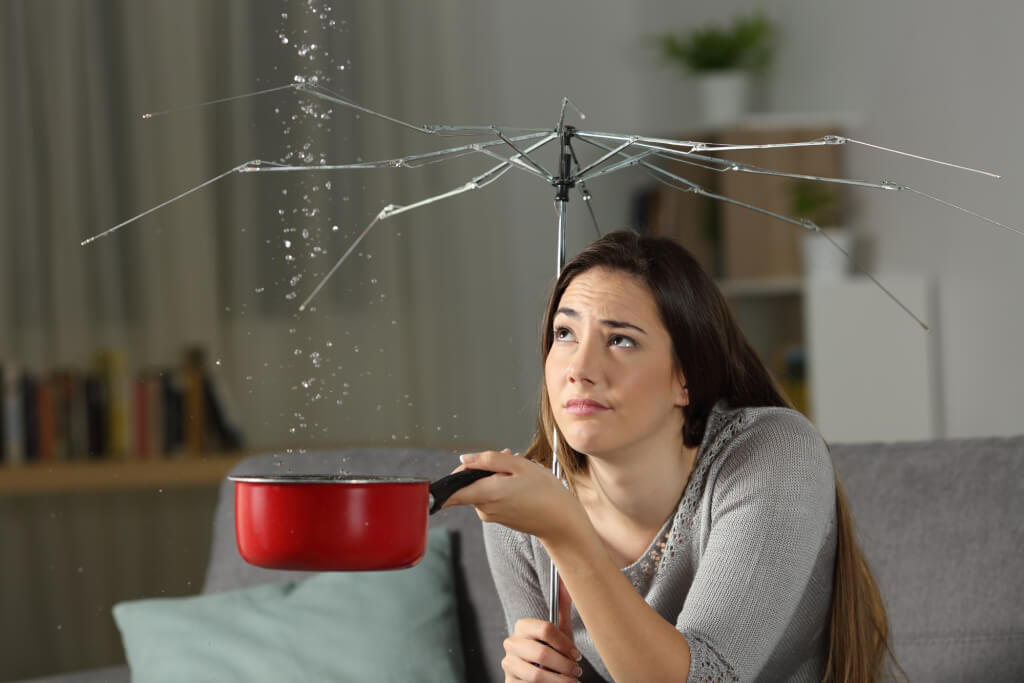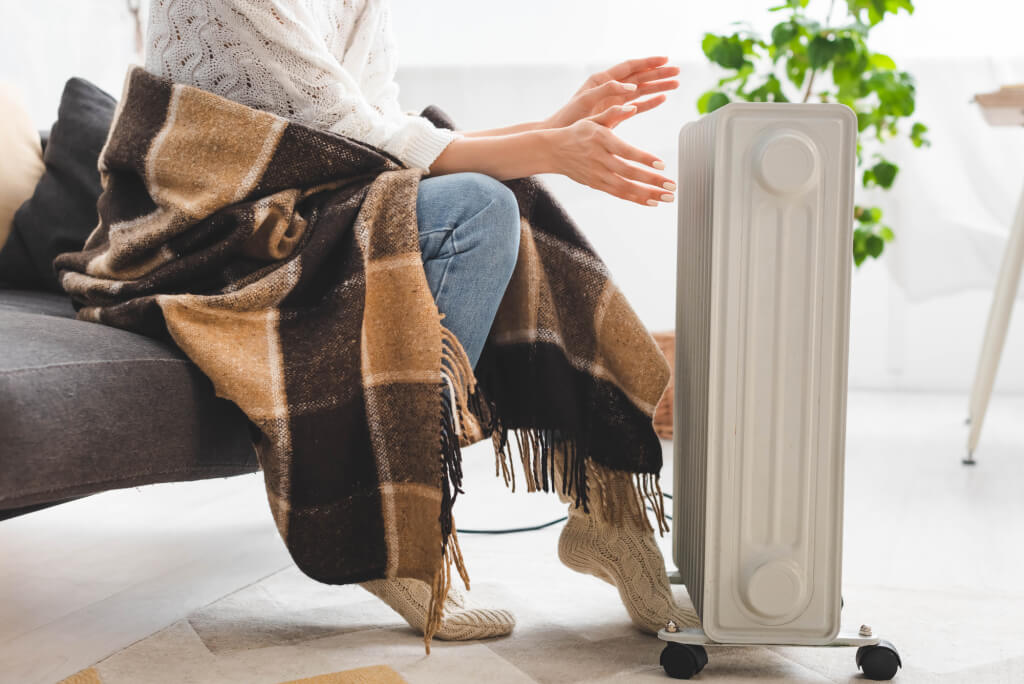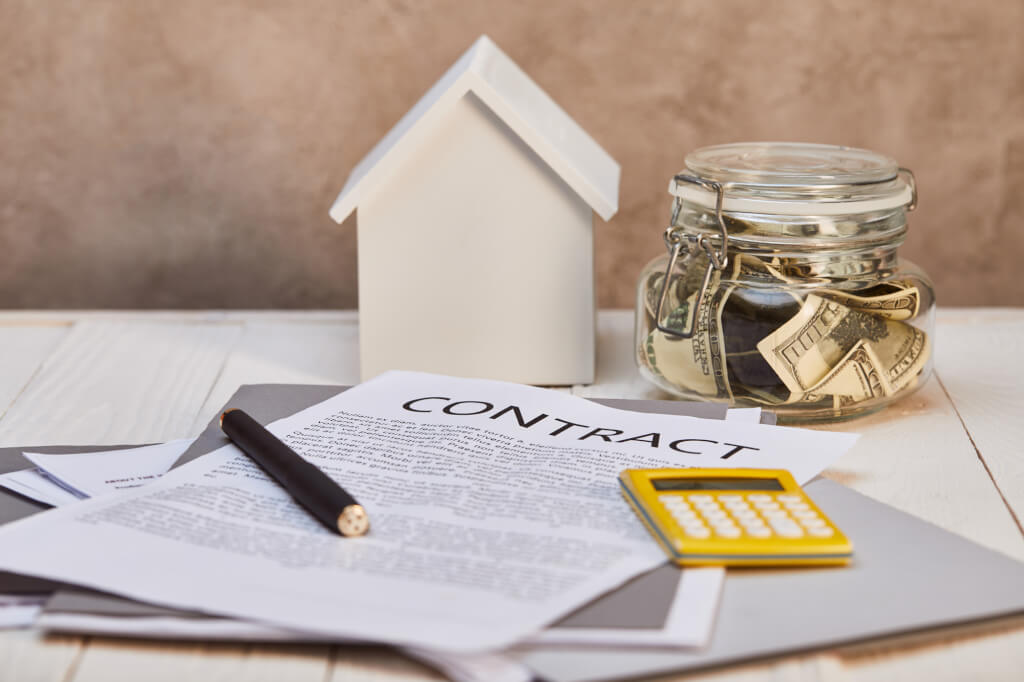New Yorker Homeowner Rights That Homeowners Want to Hide
'13.11.2019'
Source: ny.curbed.com
New York has the largest share of tenants in the entire United States. Edition Curbed writes about 11 the fundamental rights that you should be aware of, although your landlord is unlikely to be happy about this.

"According to a recent study by Zillow, 68% of New Yorkers rent their home, which gives us the largest share of tenants in the entire country," the newspaper writes.
However, not all of the tenants know what rights they have.
The basic ones include the right to heating, hot water and clean living space, as well as more complex issues, such as those related to rent and its increase.
These rights are monitored by organizations such as the City Department of Housing Preservation and Development (HPD), the State Department of Housing and Housing Renovation (DHCR), and a tenant advocacy group such as the Met Housing Council.
Here is a list of key law that anyone who rents a home in New York should be aware of:
1. The right to live in "safe, well-maintained buildings free of pests, leaks and dangerous conditions."
“Landlords must maintain living quarters that have heat and hot water; plumbing in good working order; no problems with mold or paint flaking; no rodents or other parasites; basic security measures are provided such as smoke detectors and window guards, ”the source writes.

2. The right to correct housing problems depending on the class of violations.
There are various classes of housing violations, the class of which determines how long they should be corrected.
For example, violations of class "A" are not dangerous and can be eliminated within 90 days. "B" is a more dangerous violation, so it must be corrected within 30 days. "C" is very dangerous and should be corrected depending on the severity of the problem.
Lack of heat or hot water, for example, must be eliminated immediately, otherwise the landlord may be fined.
If your apartment was filled with cockroaches, then this is considered a violation of class “C”. According to the law, your landlord must eliminate it within 21 day.
You can familiarize yourself in detail with all the classes and questions that relate to them on the website Tenant.netthat this offers simple guide.
3. The right is not warm in the apartment during the heating season.

The landlord must fix the problem with the lack of heat or hot water in your apartment immediately.
According to the law, heat must be supplied to city apartments from October 1 to May 31 with several conditions: during the day, if the temperature is constantly lower than 12 degrees Celsius, there should be a minimum of 20 degrees indoors; at night, no matter what the thermometer shows outside, the internal temperature should be at least 16 degrees.
As for hot water, it must be supplied to all rented apartments 24 hours a day, seven days a week, 365 days a year - no exceptions.
4. The tenant's right to know if the apartment previously had bugs.
Landlords must inform you if there were bed bugs in the apartment last year.
"Not only are landlords legally required to get rid of bedbugs if, God forbid, they appear in your apartment, they are also required to report if a particular room has been infested with bedbugs over the past year," the newspaper writes.
According to the Housing Council, bed bugs are a Class B violation, so your landlord has 30 days to resolve this problem. To do this, he must call a fighter, which is licensed by the Department of Environmental Protection of the State of New York. After fixing the problem, the landlord is also responsible for preventing the re-emergence of bugs in the apartment.
5. The right to a controlled rental increase.

Under the law, lessors are allowed to increase rents at the end of the lease, which is usually one or two years. The amount varies depending on the type of housing in which you live.
So, if the amount of the rent, which can be increased, is not regulated, then the lessor sets it at his discretion. However, under the new rental laws that came into force earlier this year, landlords must notify at least 30 days in advance if they plan to increase your rent by more than 5%. These are 60 days if you rented for 1-2 years, and 90 days if you rented at least two years.
If the rental amount is fixed, the landlord must give you the opportunity to extend the rental as soon as it expires. To do this, he must contact you at least 90 days before the end of the lease. At this point, it can also increase your rent, but only by a certain amount determined by the city: it is 1,5% for a one-year rental and 2,5% for a two-year rental.
Landlords can also increase the rental price if they have upgraded your building or apartment, but only by 2% in accordance with the new rental laws.
6. The right to “freeze” rents for certain categories of citizens.
In New York, there is a program that allows you to “freeze” the amount of rent for tenants older than 62 years, as well as for persons with disabilities from 18 years and older.
“Under this program, a property tax credit covers the difference between the actual amount of rent and the amount you (the tenant) have to pay at the frozen rate,” says the city's leadership on the matter.
How it works: if you meet the requirements of the program (including annual income of $ 50 thousand or less and spending more than a third of your monthly rental income), you can apply for benefits, and your landlord must take this into account.
It is worth noting that landlords cannot prevent a tenant from participating in this program. However, it should also be added that some homes are not eligible to participate in the program. Learn more about the details. in the guide cities under the Rent Freeze Program.
7. The right to associate with other tenants in an association.
“There is power in collective action - and if you live in a building with chronic problems, you can team up with your neighbors to make sure your landlord or property manager is up to the task,” the publication recommends.
On the subject: How to avoid becoming a victim of fraudsters when renting housing in the US
In this case, you can not be afraid of reprisals or evictions from your landlord, as this is absolutely legal, the publication says. In this case, the owner of the building is obliged to allow meetings in public places.
8. The right to a rental history in your apartment.
If you live in a rental apartment, you can - and should - request your apartment's rental history.
Landlords of apartments with a stable rent are legally required to register these apartments, as well as the history of their rental and price increases for many years. And tenants have the right to request this story at any time. By the way, DHCR has a new portal that has made this process very easy.
"Why is it important? If you find that your landlord is charging more than the statutory rent for your apartment, you can file a complaint with DHCR to potentially recover the amount you overpaid, ”the source explained.
9. The right not to pay a deposit for the last month of residence.
Very often, landlords ask tenants to deposit a sum of money as a security - for the first and last months of their stay. But rental laws passed earlier this year have improved this policy for all apartment residents by limiting the amount that the landlord may require from you to one month.
In addition, landlords now have 14 days from the termination of the lease to return the amount of the deposit, less the deduction for repair. In addition, he is required to provide a detailed list of any deductions made for these corrections.
10. The right to document violations and assert their rights.

In your struggle with the landlord for repairs and quality service, maintaining good records that record the fact of violation can be a key factor for victory.
Any problems in your apartment - whether it is mold in the bathroom or lack of hot water for several days in a row - must be fixed to provide as evidence of a violation.
“Take a picture, write down each instance of the problem (and how long it took) and send it all to your landlord in a certified letter to ensure delivery confirmation,” the publication recommends. "If you find yourself in housing court, all of this documentation will come in handy."
11. The right to get protection from the city if the landlord ignores your problems.
If something went wrong while renting an apartment, do not wait until the situation gets out of control to inform the landlord - the sooner you notify him, the more likely the problem will be quickly fixed.
However, if problems arose directly with the landlord, then contact the organization for the protection of tenant rights or the housing department for help.







